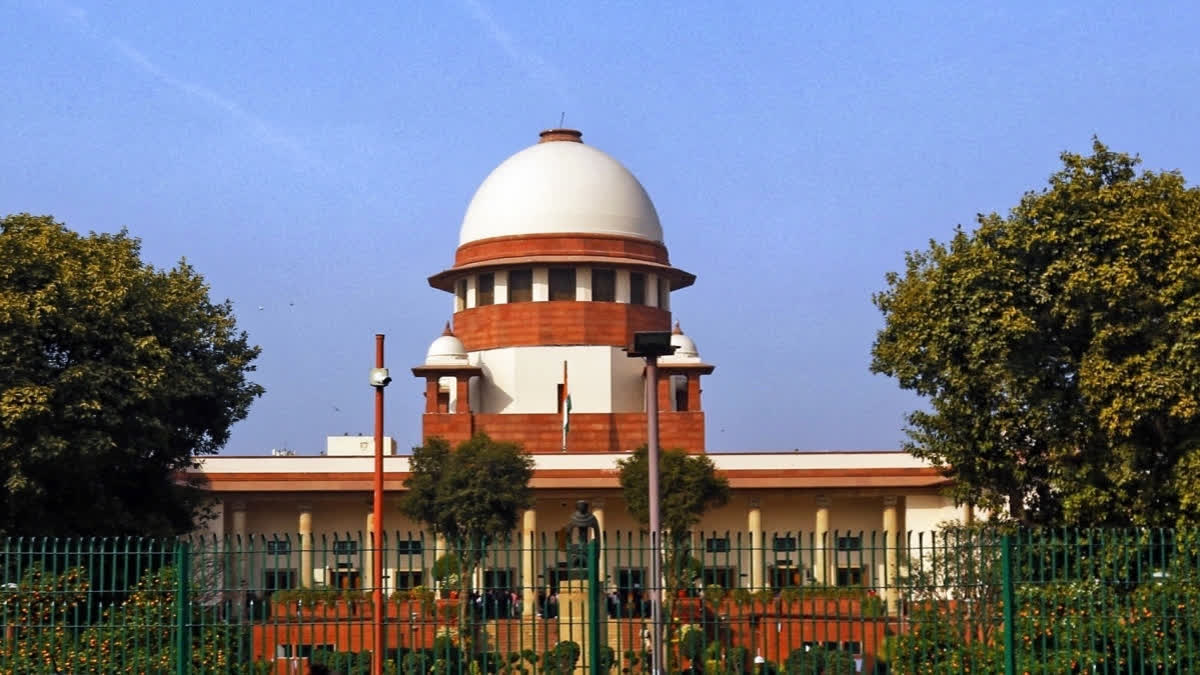New Delhi:The Supreme Court on Friday said almost all courts in the country are overburdened and the judges are human beings, and all human beings are prone to committing mistakes, and pointing out that judges’ have to work under stress, emphasised "personal criticism of Judges or recording findings on the conduct of Judges in judgments must be avoided".
The verdict was delivered by a bench comprising Justices Abhay S Oka, Ahsanuddin Amanullah, and Augustine George Masih.
The bench said: "The judges are human beings. All human beings are prone to committing mistakes. To err is human. Almost all courts in our country are overburdened”. The bench said judges have to work under stress and every judge, irrespective of his post and status, is likely to commit errors.
The bench said in a given case, after writing several sound judgments, a judge may commit an error in one judgment due to the pressure of work or otherwise and the higher court can always correct the error.
“However, while doing so, if strictures are passed personally against a Judicial Officer, it causes prejudice to the Judicial Officer, apart from the embarrassment involved. We must remember that when we sit in constitutional courts, even we are prone to making mistakes. Therefore, personal criticism of Judges or recording findings on the conduct of Judges in judgments must be avoided”, said the bench.
The apex court made these observations while allowing an appeal filed by Sonu Agnihotri, serving as additional sessions judge here. Agnihotri moved the apex court against the order passed by the Delhi High Court, for making adverse remarks against him for his order seeking action against investigating officer and SHO while dealing with an anticipatory bail plea.
The bench said that in paragraph 13, it is observed that the appellant ‘embarked on an inexorable quest’. “This ought to have been avoided by the High Court. Paragraph 14 contains advice to the appellant to be circumspect and to exercise care and caution in future. The High Court could not have used a judgment on the judicial side to advise individual Judicial Officers”, said the bench, adding that it can only be done on the administrative side in an appropriate case.
